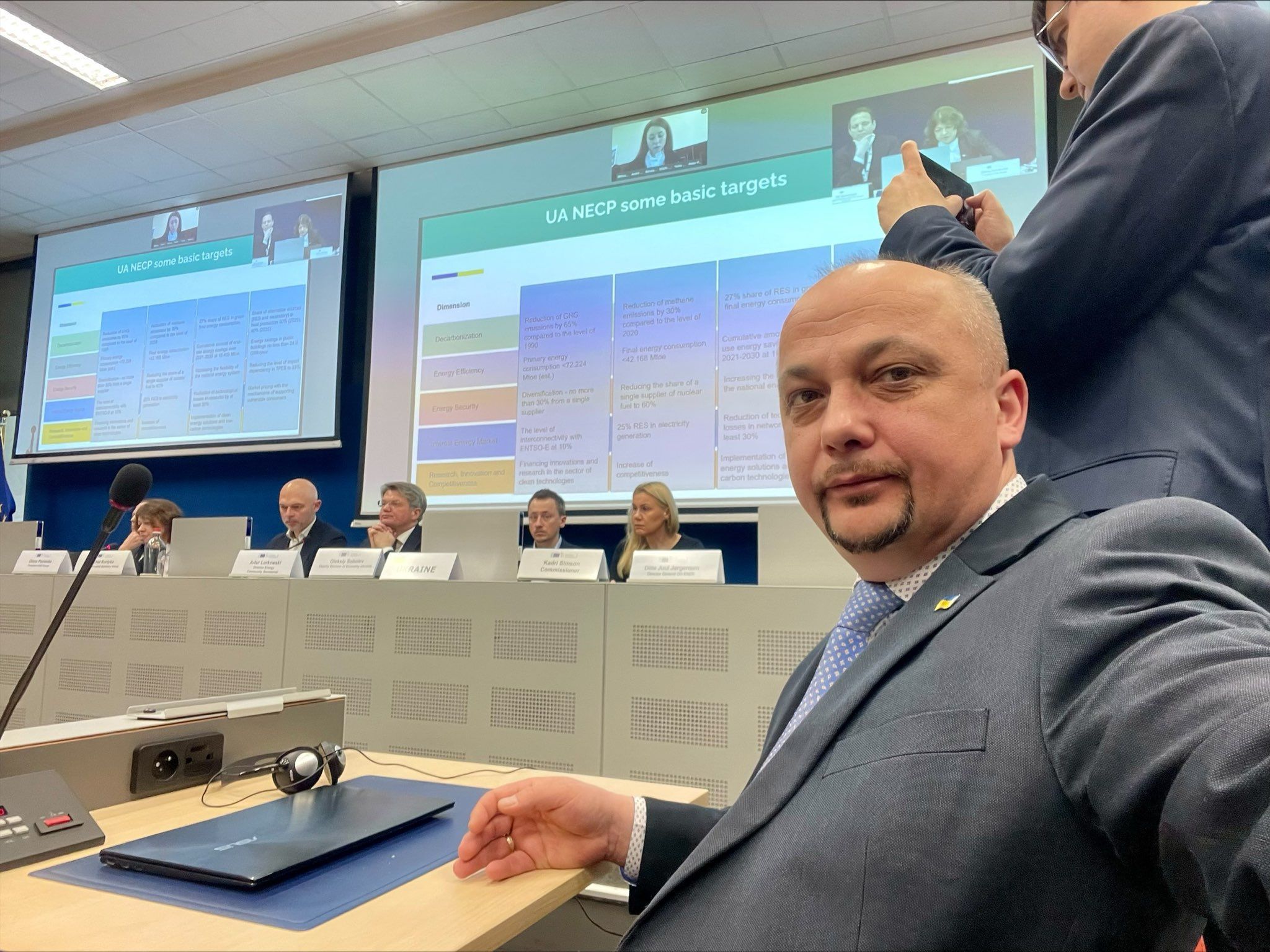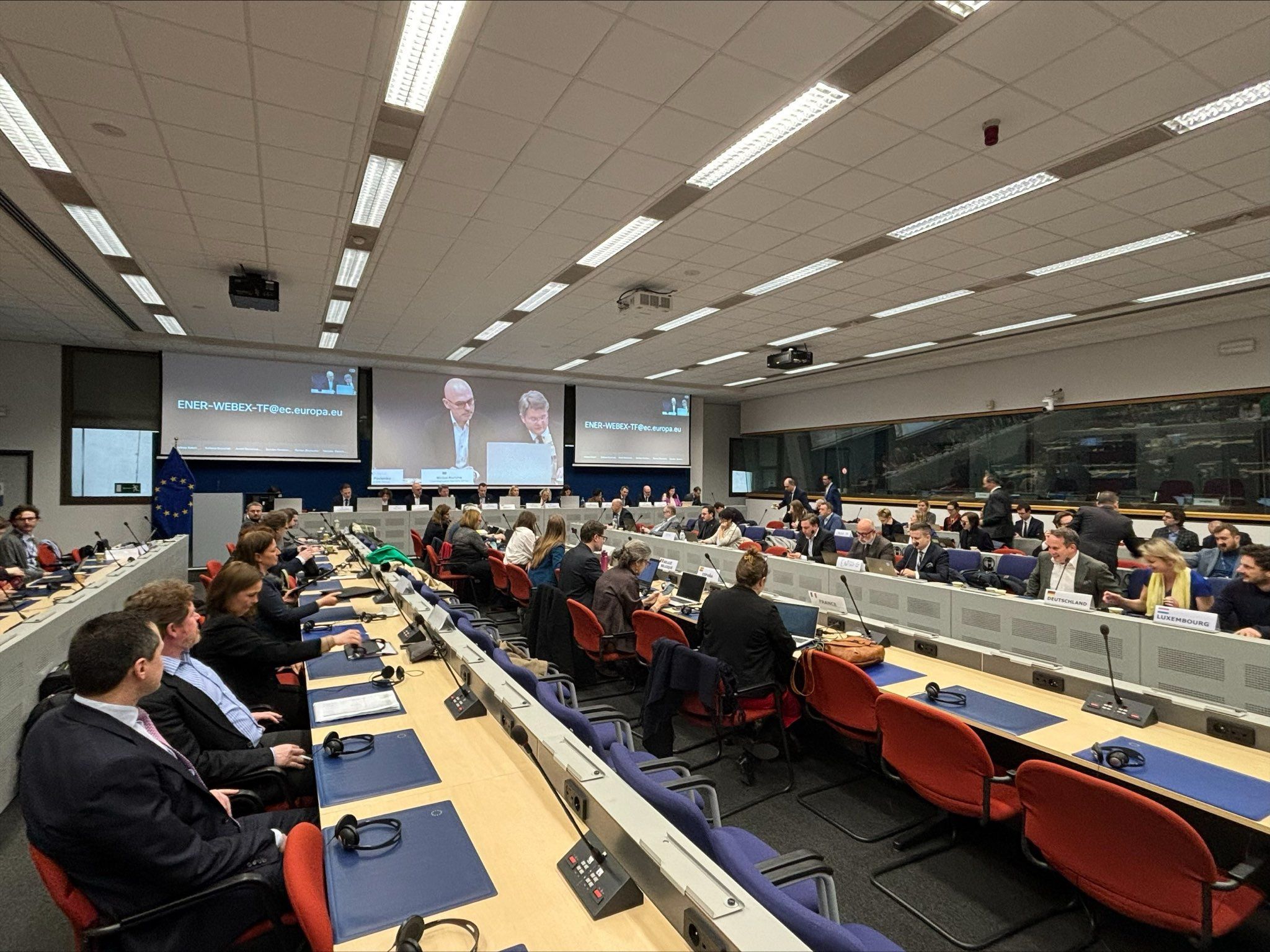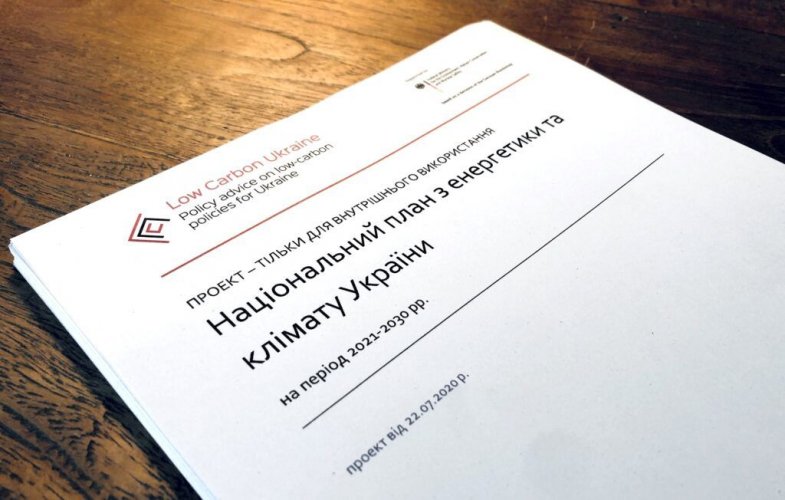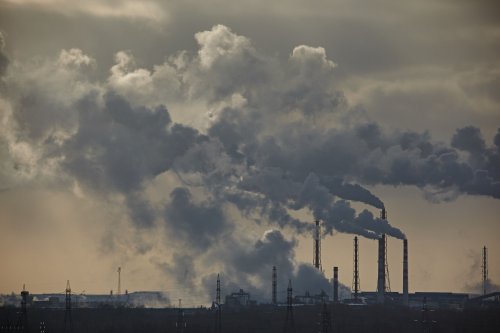On March 21, the Ministry of Economy of Ukraine presented the draft National Energy and Climate Plan (NECP) to the European Commission during the event "Energy and Climate Governance in Ukraine – Towards Green Recovery."
The event was attended by European Commissioner for Energy Kadri Simson and First Vice Prime Minister of Ukraine Yulia Svyrydenko, as reported by Oleksandr Dyachuk, a leading researcher at the Institute for Economics and Forecasting of the National Academy of Sciences of Ukraine, on Linkedin.

Deputy Minister of Economy Oleksiy Sobolev said that the Government of Ukraine plans to approve the NECP in early June and present it at the Conference on Ukraine's Recovery in Berlin as a clear, understandable and multilateral plan.
The Ministry of Economy of Ukraine is leading the development of the National Energy and Climate Plan (NECP), which involves all key ministries and agencies, together with independent experts under the auspices of the DiXi Group think tank and the Institute for Economics and Forecasting of the National Academy of Sciences of Ukraine, with the support of the British Embassy and the Net Zero World initiative.

The draft is available on the website of the Ministry of Economy of Ukraine.
On February 14, the Ministry of Economy released the draft National Energy and Climate Plan, which outlines medium- and long-term scenarios for the development of the energy system and forecasts of greenhouse gas emissions.
This is a strategic document that should harmonize energy and climate policies for sustainable development and economic recovery in Ukraine.
Main provisions of the National Energy Plan
The NECP contains a number of decarbonization goals, namely
- reduction of greenhouse gas emissions by 65% compared to 1990 levels (which coincides with the ambitious goal stated in the Updated Nationally Determined Contribution of Ukraine to the Paris Agreement INDC2)
- achieving climate neutrality of the energy sector by 2050 and the entire economy by 2060;
- decommissioning of coal-fired generation by 2035;
- Reducing methane emissions by 30% by 2030 from 2020 levels;
- strengthening the adaptive capacity and resilience of social, economic and environmental systems to climate change;
- achievement of a 27% share of renewable energy sources in the structure of total final energy consumption in 2030 (in 2020, this figure was 9%);
- achieving a 35% share of RES in gross final energy consumption by 2030 in the heating and cooling sector, 25.4% in the energy mix, and 14% in transportation;
- achieving a 25% share of RES in total electricity production by 2030;
- reaching a share of alternative energy sources (RES and secondary energy resources) in heat production of 30% in 2025 and 40% in 2035;
- increasing the use of alternative fuels (biofuels or their mixtures with traditional fuels) and electricity (generated from both traditional and renewable sources) in the transport sector to 50% by 2030.
The National Plan emphasizes that the main barriers to the implementation of energy efficiency measures are:
- distortions in tariff policy;
- lack of qualified personnel to identify and implement projects;
- limited opportunities to attract funding and high cost of funds raised;
- lack of sustainable state co-financing of energy efficiency measures.
As EcoPolitic previously reported, Ukraine presented the Net Zero strategy and the first version of the National Energy and Climate Plan at the COP28 climate conference.





